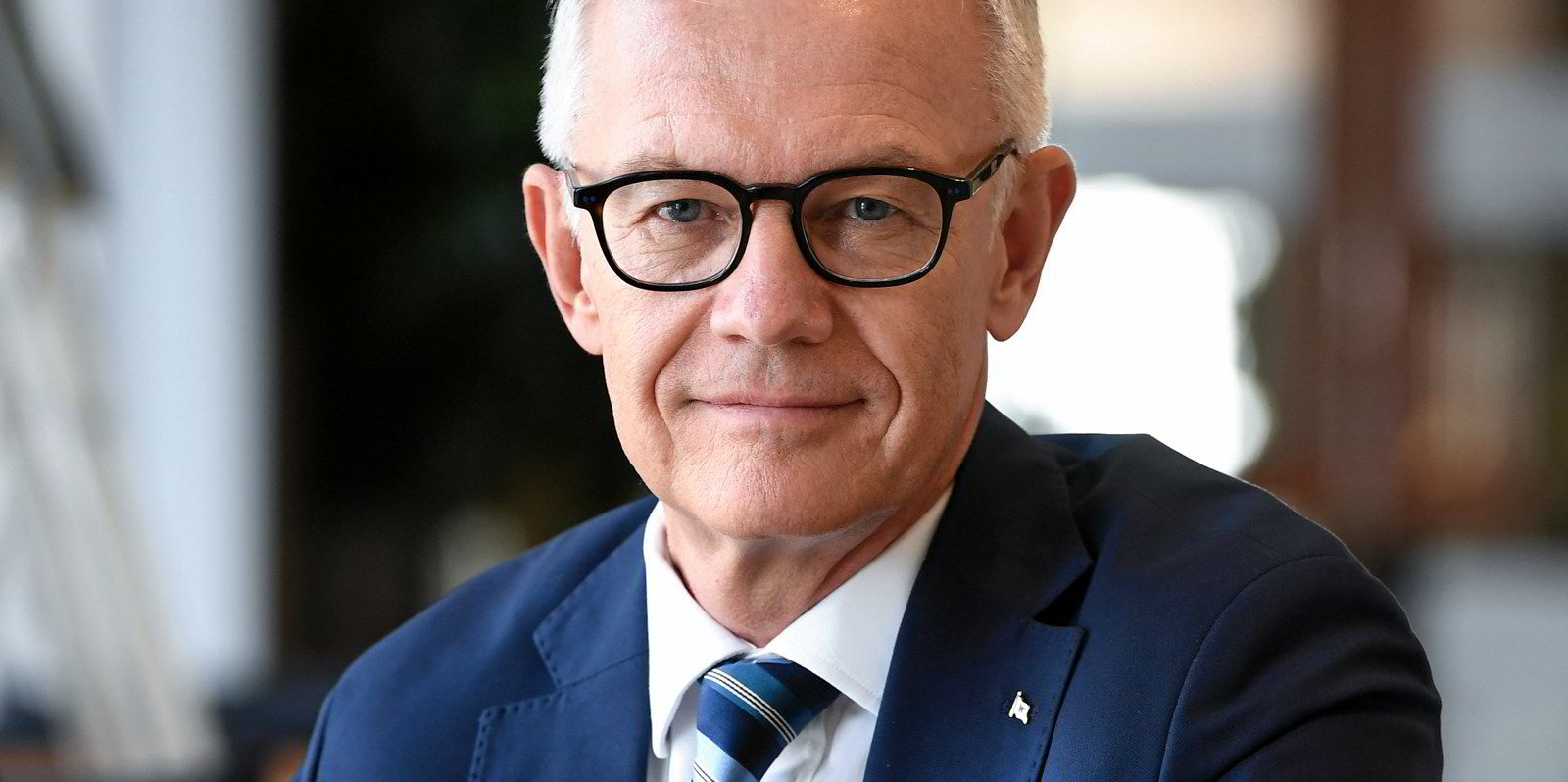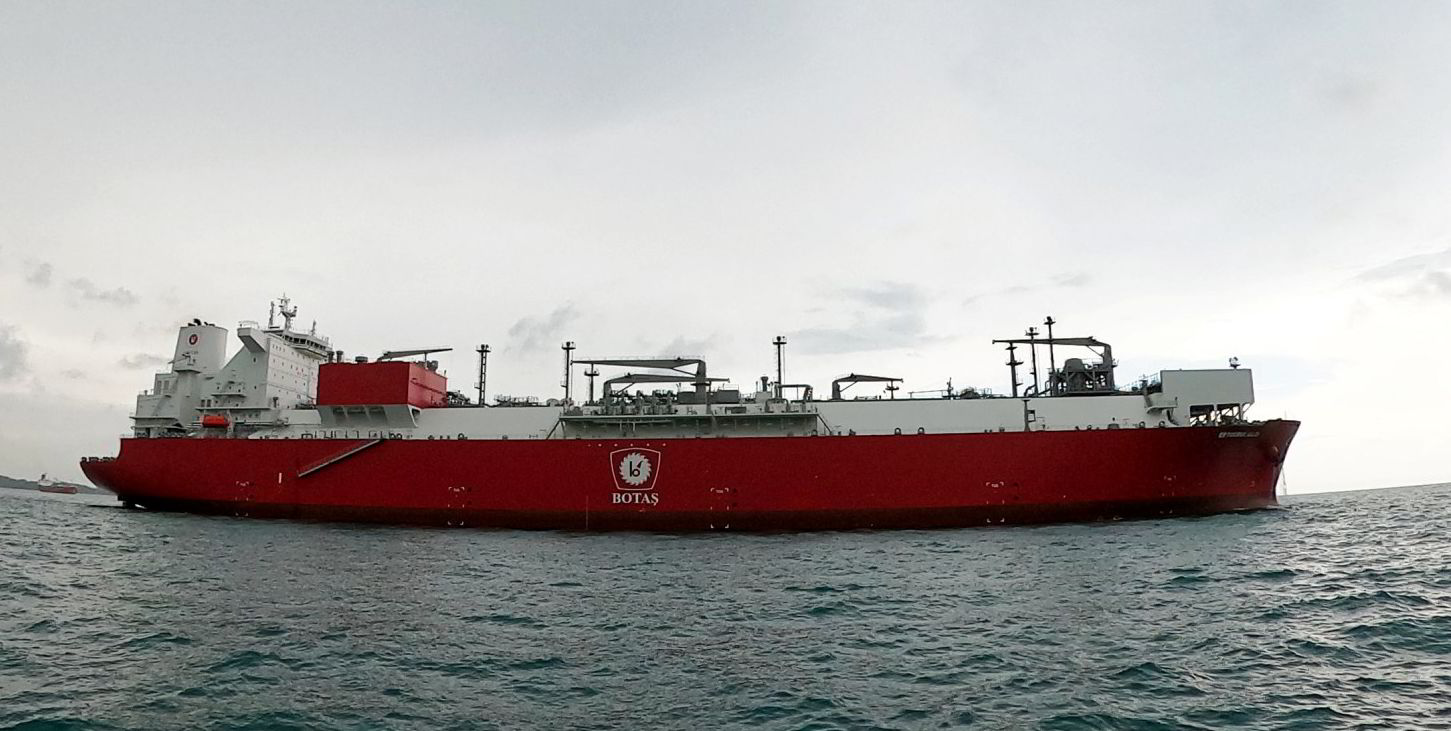As there are many uncertainties and somewhat still unclear guidelines, we believe the best way to help tackle shipping’s decarbonisation challenge is to assist first movers in their journey towards decarbonisation.
We have redefined our objectives in order to assist our owners in minimising the risk and opportunity cost that first movers normally face.
This article is one of more than three dozen contributions from shipping industry stakeholders about their outlook for decarbonisation efforts in the year ahead. We asked shipowners, managers, financial professionals, technology providers and more about their own efforts to address greenhouse gas emissions in 2022 and what they hope to happen in the industry this year.
In the short term, we have started the work of transitioning owners towards compliance with the Energy Efficiency Design Index (EEXI) and Carbon Intensity Indicator (CII).
With the influx of LNG-fuel and dual-fuel vessels coming into service soon, it is vital that the industry starts sustainable development of crew competencies when it comes to using LNG or other bunker alternatives.
This transition is easier for us, with the experience of managing an existing fleet of LNG ships where the foundation of crew competence in operating LNG or dual-fuel vessels can easily be transferred to those who do not have this experience.
We will be managing several LNG-fuelled ships in 2022 and have already started bridging the competence gap.
At the same time, we also see the number of newbuilding orders for vessels operating on other alternative fuels, such as ammonia and methanol, picking up.
We are assisting our owners in newbuilding supervision of vessels operating on LNG or dual fuels. We are also gaining experience in newbuilding supervision for ships running on a variety of low-emission fuels, such as methanol and LPG.
As part of the Wilhelmsen group, we are part of first-mover projects such as autonomous ships that are zero-emission running on electricity (Yara Birkeland and ASKO vessels) and hydrogen-powered ships (Topeka vessels). As a ship manager, we aim to translate our experience gained in these projects to our shipowners.
In the year ahead, we believe there is still a lot of learning and research and development needed to take place to reach the stage where we can convince more owners to take the first steps forward.
More needs to be done to reach the stage where the cost of technology lowers as we achieve economies of scale.





